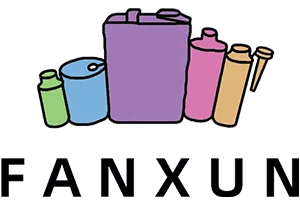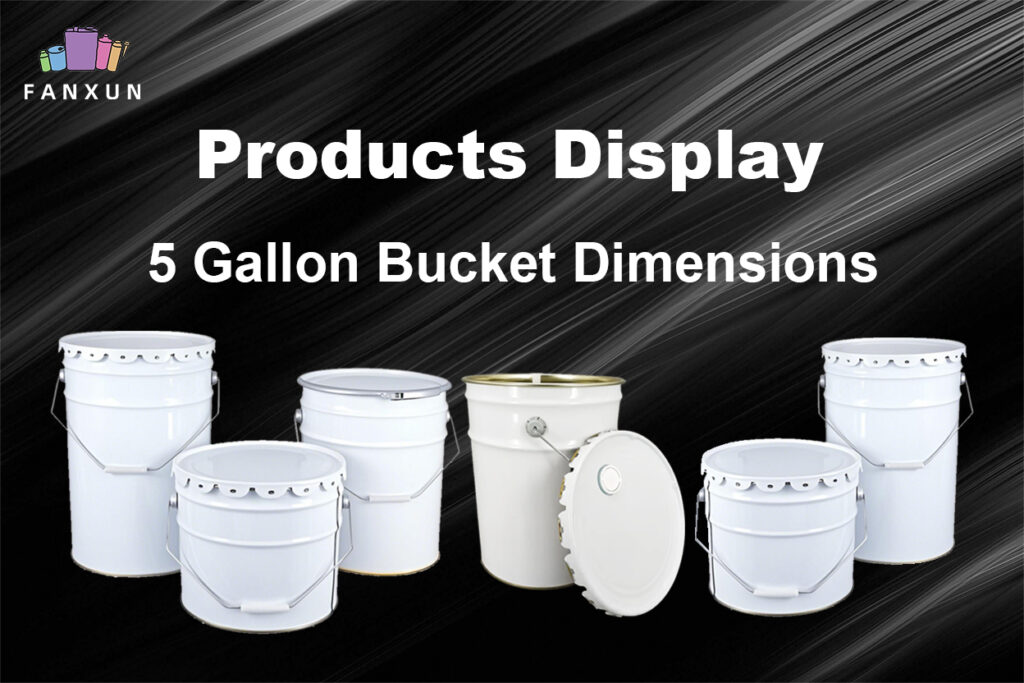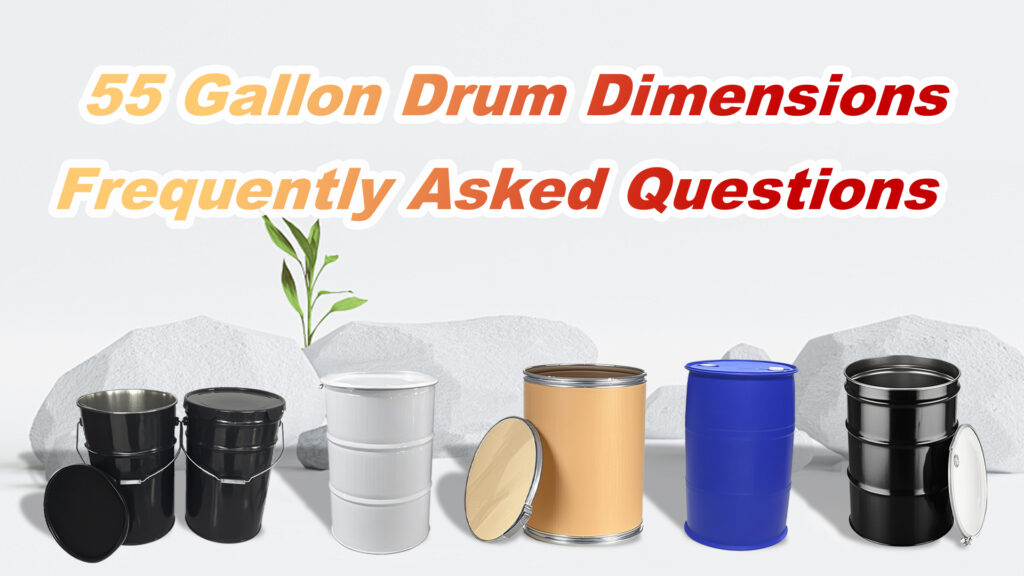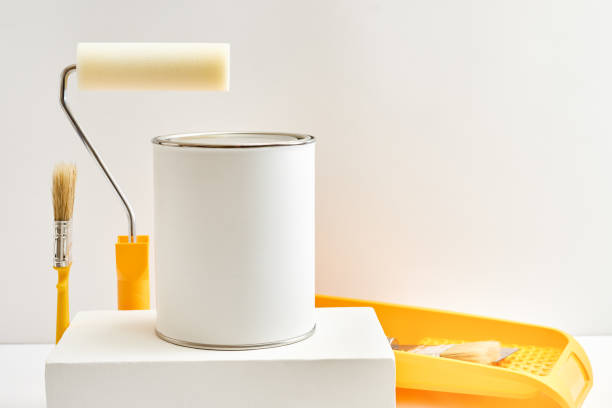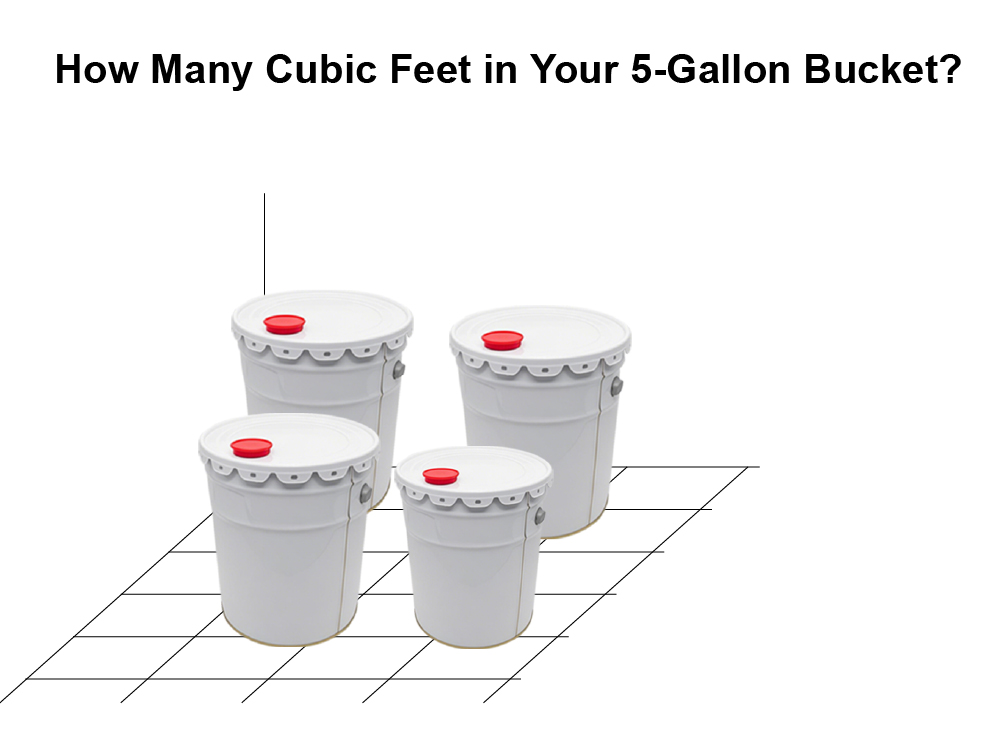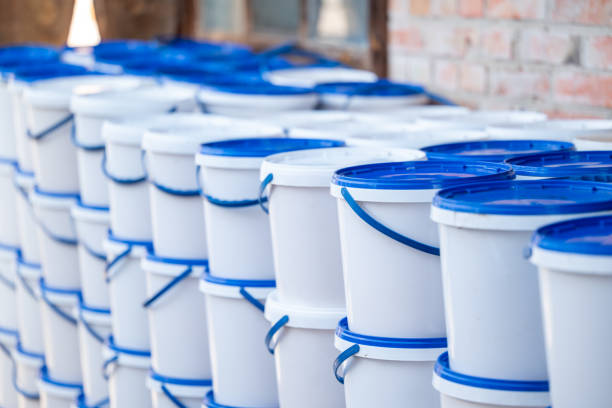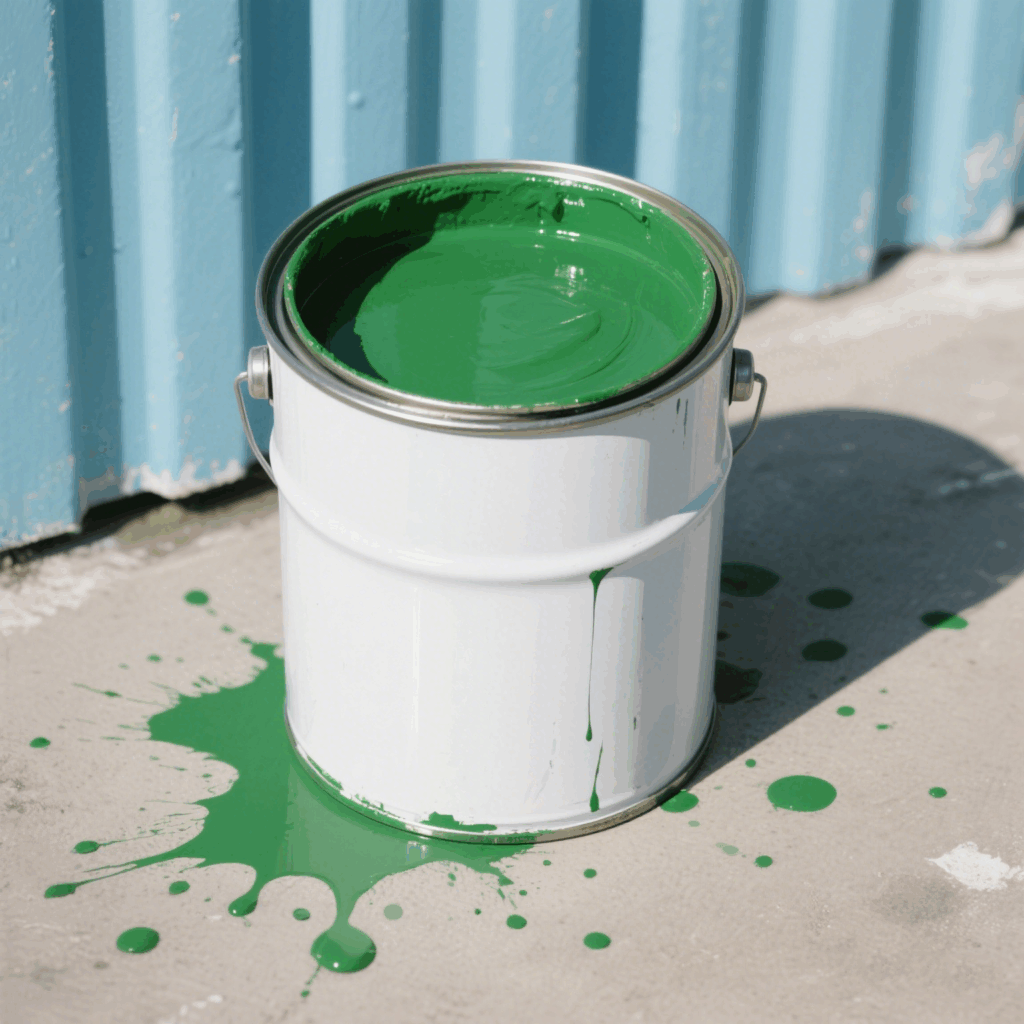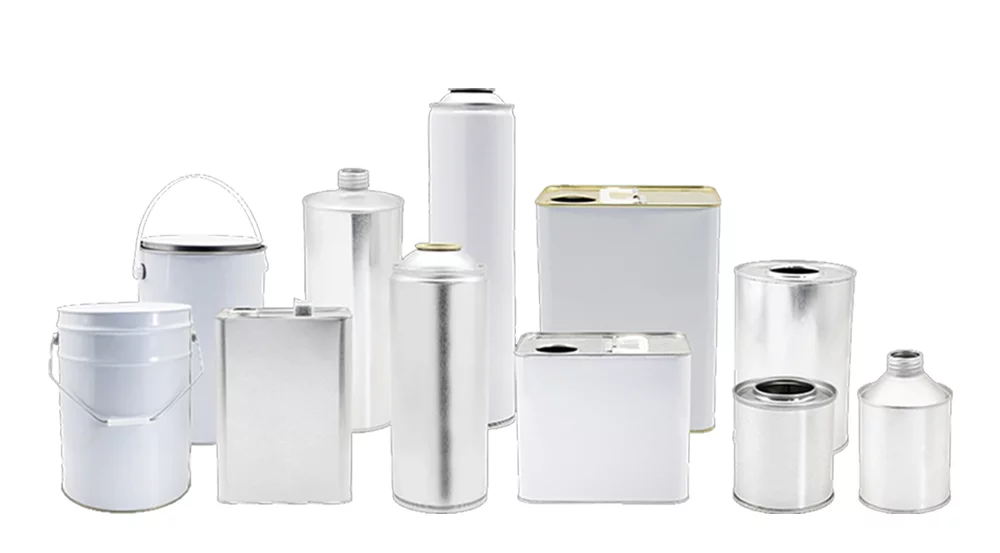If you’ve ever topped up your brake fluid and wondered, “Did I put in too much?” — you’re not alone. As a car owner who likes to handle some DIY maintenance, I’ve found that brake fluid is one of those things people don’t talk about enough. While low brake fluid is widely known to be a problem, overfilling it can also cause real issues — some you won’t notice until it’s too late.
Bu makalede, I’ll walk you through what really happens when you overfill brake fluid, what signs to watch for, how to fix it, and what you should do to avoid problems in the future. This is written from someone who’s been there, so I’ll keep things straightforward and useful.
Why Brake Fluid Levels Matter
Brake fluid plays a critical role in your car’s safety system. It transfers the force from your foot on the brake pedal to the brake components at the wheels. The fluid is kept in a reservoir in the master cylinder, and there’s a “MAX” and “MIN” line to guide you.
But what happens if you fill it over the MAX line?
What Happens When Brake Fluid Is Overfilled
Brake fluid expands when heated during driving. If the reservoir is already full to the brim, this thermal expansion has nowhere to go.
Here’s a breakdown of potential consequences:
| Problem | What It Means | Why It Matters |
|---|---|---|
| Increased Pressure | Fluid has no expansion room | May cause seals or caps to leak |
| Leaks at Master Cylinder or Cap | Fluid escapes from weakest point | Can damage paint or electronic components |
| Brake Dragging | Excess pressure may slightly engage calipers | Leads to premature pad/rotor wear |
| Boiling Fluid | Fluid overheats under pressure | Causes vapor pockets, leading to brake fade or failure |
| Damaged Components | Fluid reaches parts not designed to contact it | Rubber seals, boyamak, and wiring may degrade |
My Personal Experience
When I first overfilled my brake fluid (thinking more was better), I didn’t notice anything right away. But after a long downhill drive, I started smelling something weird — a burnt chemical odor. Turned out, fluid had leaked from the reservoir and was cooking on the engine.
A quick fix? Not really. I had to clean the engine bay, replace the cap seal, and get new paintwork done on a fender.
What You Should Do If You Overfilled Brake Fluid
-
Don’t Drive Immediately – Especially if you’ve filled beyond the MAX line.
-
Use a Syringe or Turkey Baster – Draw out the excess fluid until it’s just below the MAX mark.
-
Wipe Away Spills – Brake fluid is corrosive and can strip paint quickly.
-
Check Brake Performance – If you notice a spongy feel or dragging brakes, get it inspected.
-
Bleed the System (If Necessary) – If fluid got into places it shouldn’t be (like vacuum boosters), a flush may be required.
How to Avoid Overfilling Next Time
-
Check Level When Cold – Heat expands fluid, so cold readings are more accurate.
-
Don’t Top Off Unless Needed – Brake fluid naturally drops as pads wear. A small drop doesn’t always mean there’s a leak.
-
Use a Clear Funnel – Helps you control flow and avoid spills.
-
Consult the Owner’s Manual – Each vehicle has slightly different requirements.
Is It Ever Okay to Slightly Overfill?
A few millimeters above the MAX line likely won’t cause serious problems, especially if the cap seals well. But brake systems are pressure-sensitive, so it’s best to stay within limits. If you’re unsure, remove a bit — better safe than sorry.
FAQs About Overfilled Brake Fluid
Q: Can too much brake fluid cause brake failure?
A: Evet, indirectly. Overfilled fluid can lead to pressure buildup, boiling fluid, or leaks, which may cause brake fade or unpredictable pedal response.
Q: Will an overfilled reservoir fix soft brakes?
A: HAYIR. Soft brakes usually mean air in the lines, worn components, or contaminated fluid — not low fluid. Simply adding more won’t help and may cause issues.
Q: What happens if brake fluid leaks onto the engine or paint?
A: Brake fluid is corrosive. It can strip paint and damage plastic or electrical components. Clean it immediately with water and a mild degreaser.
Q: Should I flush the brake system if I overfill it?
A: Only if overfilling led to contamination, fluid intrusion into vacuum components, or leakage into sealed areas. Otherwise, removing excess is enough.
Q: Is overfilling covered under warranty or service plans?
A: Usually not. It’s considered user error, so repairs caused by overfilling might not be covered.
Final Thoughts
Brake fluid may not be the flashiest part of car maintenance, but it’s one of the most critical. Overfilling seems harmless — even helpful — at first glance. But as I’ve learned the hard way, it can cause leaks, damage, and unpredictable braking. Always respect the “MAX” line. If you’ve already overfilled, act quickly to fix it, and check for signs of trouble.
Staying within spec is one of the simplest ways to protect your brakes — and your car’s safety.
